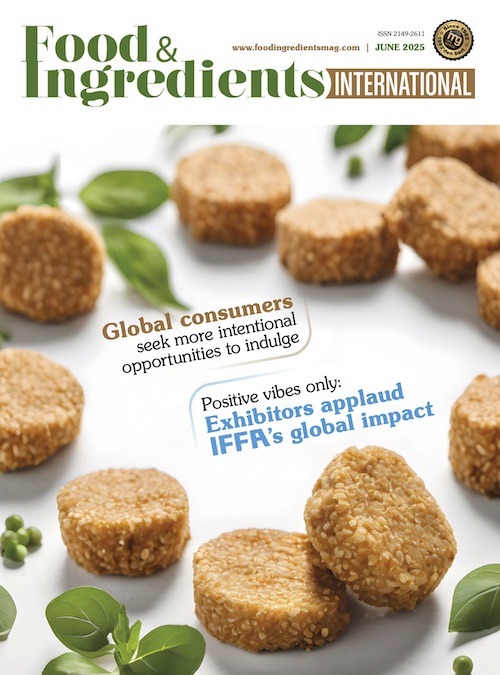At a time when risks of deforestation remain a major challenge in countries producing agricultural raw materials, this multi-sectoral collaboration is committed to contributing towards the protection and restoration of the classified Cavally Forest, in partnership with local organizations and communities. The collaboration includes the Swiss Federal Administration (SECO), the Ivorian Ministry of Water and Forests (MINEF), Nestlé, Touton and Cocoasource as well as Earthworm Foundation (EF).
This new collaboration follows in the footsteps of the initial, three-year project funded by Nestlé, which will run until the end of June 2023. The preliminary results are very encouraging. During its first phase, the Cavally project led to a significant reduction in deforestation, the natural regeneration of 7 000 hectares, and the reforestation of almost 1 500 hectares. In addition, greater economic and social resilience has been observed within local communities, with more than 1 400 people benefiting financially from the project.
Beginning on July 1, 2023, the new three-year phase of the project will have more ambitious goals and a wider group of partners.
With a total investment of CHF 4 million, equivalent to XOF 2.7 billion, this new partnership goes beyond preserving the classified Cavally Forest. It also aims to strengthen the resilience of the communities in the forest’s peripheral zone and improve the transparency and traceability of the cocoa and rubber supply chain.
The Cavally project has four main objectives:
- To prevent deforestation and improve the ecosystem by stimulating natural regeneration and rehabilitating degraded areas in close collaboration with local communities.
- To improve the resilience of small-scale producers by helping them increase their productivity, achieve greater income diversification and gain easier access to financing.
- To help protect the rights of the children of these producers by raising awareness and providing easier access to school, in particular by acquiring birth certificates.
- To establish a more transparent supply chain for cocoa and rubber, in particular by improving traceability and exploring innovative solutions (including satellite monitoring) to increase the transparency of prices and payments to producers.
“During the first phase of the Cavally Forest regeneration project, we learned that there are various sides to the problem of deforestation in the area,” said Bastien Sachet, CEO of Earthworm Foundation, the organization leading the implementation of the project. “It is difficult to control such a large area. And the forest is attractive in terms of fertility and access to land for populations that are facing immense economic challenges. To combat deforestation and tackle the root causes of the problem, a collective approach based on creating value for producers and rural communities is required. This is why the presence of economic players in the rubber and cocoa value chains, coupled with a strong partnership with the government, is essential. It is the spirit of this collaboration that we are proud to be a part of.”
To maximize the project’s impact, this new phase now includes trading companies Touton and Cocoasource as well as Nestlé. They are active in the peripheral regions of the forest and already work with local cooperatives.
“The Cavally project is a very important initiative for us, as it allows our company to act directly within our supply chain. We are protecting a forest adjacent to the areas where we source cocoa and creating value for the farmers we work with,” explained Corinne Gabler, Head of Confectionery & Ice Cream at Nestlé. “We’re delighted to have been able to contribute towards the success of this first phase and look forward to working with new partners to further intensify the project’s impact.”
Combating cocoa-related deforestation is also a priority for Switzerland, which has pledged to increase its investments in the primary sourcing regions.
“Switzerland is an important country for the trading and processing of agricultural products, including cocoa,” commented Monica Rubiolo, Head of Trade Promotion at the Swiss State Secretariat for Economic Affairs (SECO). “That’s why our government is actively involved in the Swiss Platform for Sustainable Cocoa (SWISSCO). Through our financial support for specific projects, we aim to actively contribute towards the creation of more sustainable supply chains, in close collaboration with the private sector, civil society and governments in the producer countries.”
In 2018, the government of Côte d’Ivoire adopted a national forest preservation, rehabilitation and expansion policy, which aims to enable the country to recover 20% of its forest cover by 2030.
On the ground, this policy is bearing fruit thanks to a strategy of protecting and restoring the forest in this cocoa landscape as well as the successful social inclusion of rural communities, including women and young people.
“We must continue our efforts,” declared Laurent Tchagba, Minister of Water and Forests in Côte d’Ivoire. “And this innovative partnership for our country reiterates our commitment to combating deforestation and strengthening the resilience of communities. I’m delighted that this project can be strengthened with trusted partners.”
The classified Cavally Forest is one of the last remaining dense forests in Côte d’Ivoire and is a primary biodiversity spot threatened by deforestation.
Côte d’Ivoire has lost most of its forest cover over the last 60 years. Between 1960 and 2021, the area of its forests shrunk from 16 million to 2.97 million hectares. This loss was caused in particular by small-scale farming.
Other local organizations involved in the project include cocoa and rubber cooperatives: the Wild Chimpanzee Foundation (WCF), the Société de Transformation du Bois du Cavally (STBC), the International Centre for Research in Agroforestry (ICRAF) and the International Cocoa Initiative (ICI). The long-term vision of this project is to work closely with a number of partners, particularly companies in the rubber industry, in order to develop systemic solutions in supply chains and pave the way for the creation of sustainable, forest positive areas.



















